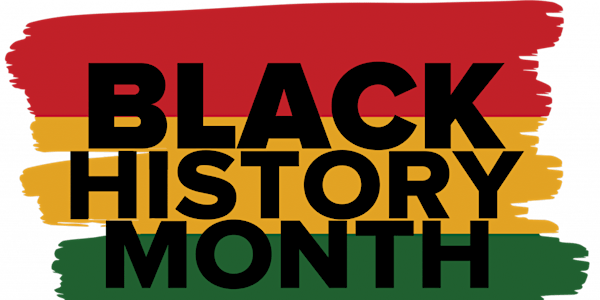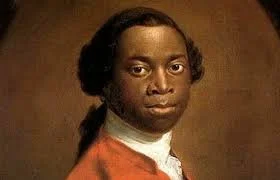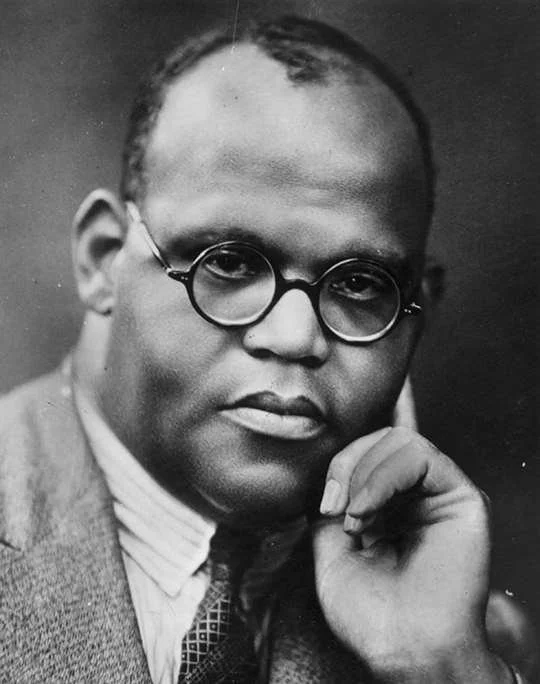Black History Month 2025
Every October, Black History Month in the UK offers a dedicated moment to lift up stories, contributions, struggles and triumphs that often don’t get enough space in our mainstream narratives.
For imabi, it’s more than a blog post - it’s a call to action: to shine light, to educate, to connect, and to commit ourselves to better representation and deeper understanding of black communities.
What Is Black History Month And Why It Matters
Black History Month in the UK was first celebrated in October 1987, initiated by Akyaaba Addai-Sebo, then working with the Ethnic Minorities Unit of the Greater London Council, to raise visibility and pride in Black British history.
His vision was to create a dedicated time to celebrate Black culture, identity and achievement, and to challenge the lack of representation in British education, media and public life.
Black History Month is not merely about commemoration - it’s an opportunity to:
Rectify omissions and silences in history curricula
Inspire younger generations by highlighting role models
Engage communities in dialogue about identity, equity, and justice
Sustain momentum - not confine Black history to one month
Akyaaba Addai-Sebo, Ghanaian analyst, journalist and pan-African activist credited with developing the recognition of October as Black History Month in 1987 in the UK.
Reality In Numbers
Data doesn’t tell the full story but it helps us see the systems we must change together:
👥 4.2% of people in England and Wales identify as Black, Black British, Caribbean or African (around 2.4 million people)
🧑🏽🎓 Higher education access: around 48% of Black students now enter higher education - more than double the rate two decades ago
💰 Low income: about 22% of people in Black households live in persistent low income, versus 12% among White British households
🏠 Wealth gap:
Black Caribbean households hold around 20p for every £1 of White British wealth
Black African households hold around 10p for every £1
🏘️ Homelessness: Black people are nearly four times more likely to experience homelessness than White people
🚔 Stop & search: Black people are 4.1 times more likely to be stopped and searched than White people
⚖️ Policing disparities: Around 52.6 searches per 1,000 Black people compared to 7.5 per 1,000 White people in England and Wales
🏛️ Senior civil service representation: Only 10.6% of senior civil service roles are held by minority-ethnic staff, up from 6.5% a decade ago
🚨 Hate crime:
98,799 race-related hate crimes were recorded in England & Wales
Race remains the most common motivation for hate crimes (around 70% of all incidents)
🏥 Health inequalities: Over 52% of Black children in London live in relative poverty after housing costs; young Black unemployment remains more than double that of White youth
75% of people in the UK say they know little or nothing about Black British history and more than half cannot name a single Black British historical figure
Black British Historical Figures
Across history, countless Black Britons have shaped the nation’s story:
Mary Seacole - the pioneering nurse and businesswoman who built the “British Hotel” during the Crimean War, providing care to wounded soldiers despite facing racial prejudice
Olaudah Equiano - an author and abolitionist whose 1789 autobiography exposed the horrors of the slave trade and helped fuel the abolitionist movement
Ignatius Sancho - a writer, composer and intellectual who became the first known Black Briton to vote in a parliamentary election
Claudia Jones - journalist, activist and the visionary founder of the Notting Hill Carnival, one of the world’s largest celebrations of Caribbean culture (read our blog about Notting Hill Carnival here)
Dr. Harold Moody - a Jamaican-born physician and civil rights leader who founded the League of Coloured Peoples in 1931 to campaign against racial discrimination in Britain
Olive Morris - a fearless community organiser and feminist who fought for racial and gender equality in 1970s Britain
Their courage, determination and brilliance paved the way for progress and their stories continue to inspire new generations to lead, create and advocate for justice.
Today, Black British excellence shines in every field, showing that activism and leadership remain alive in the next generation:
Sir Lenny Henry’s impact on entertainment and charity
Diane Abbott’s trailblazing role as Britain’s first Black woman MP
Dr. Maggie Aderin-Pocock’s achievements in science and space research
Marcus Rashford’s campaign for child food poverty
Black History Month is about learning from the past, celebrating the present, and ensuring that equality, respect and representation continue to shape the Britain of tomorrow.
Moving Beyond a Month
Recognising Black history should not end in October - it should continue in how we teach, hire, design, speak, and act.
Here are a few simple ways to continue the journey:
Learn: explore stories from across the Black British experience
Support: engage with Black-owned businesses and initiatives
Reflect: question biases, challenge stereotypes, and champion allyship
Share: uplift voices and histories that inspire you
If you have any ideas for content that you would like to see in the future, please drop us a message or email us at hello@imabi.com to let us know!
imabi’s Commitment
Through our platforms - imabi Travel Guardian, imabi Connect, imabi Inspire, and imabi Pro — we’re working on building a culture of safety, respect, and inclusion that supports every person, every day and everywhere.
🧡 Join the Conversation
Follow us on our social media to keep up with our latest news and updates:
LinkedIn | Instagram | www.imabi.com
If you have any ideas for content that you would like to see in the future, please drop us a message or email us at hello@imabi.com to let us know!
📢 Like what you’ve read?
Share on LinkedIn | Share on WhatsApp | Send via Email













